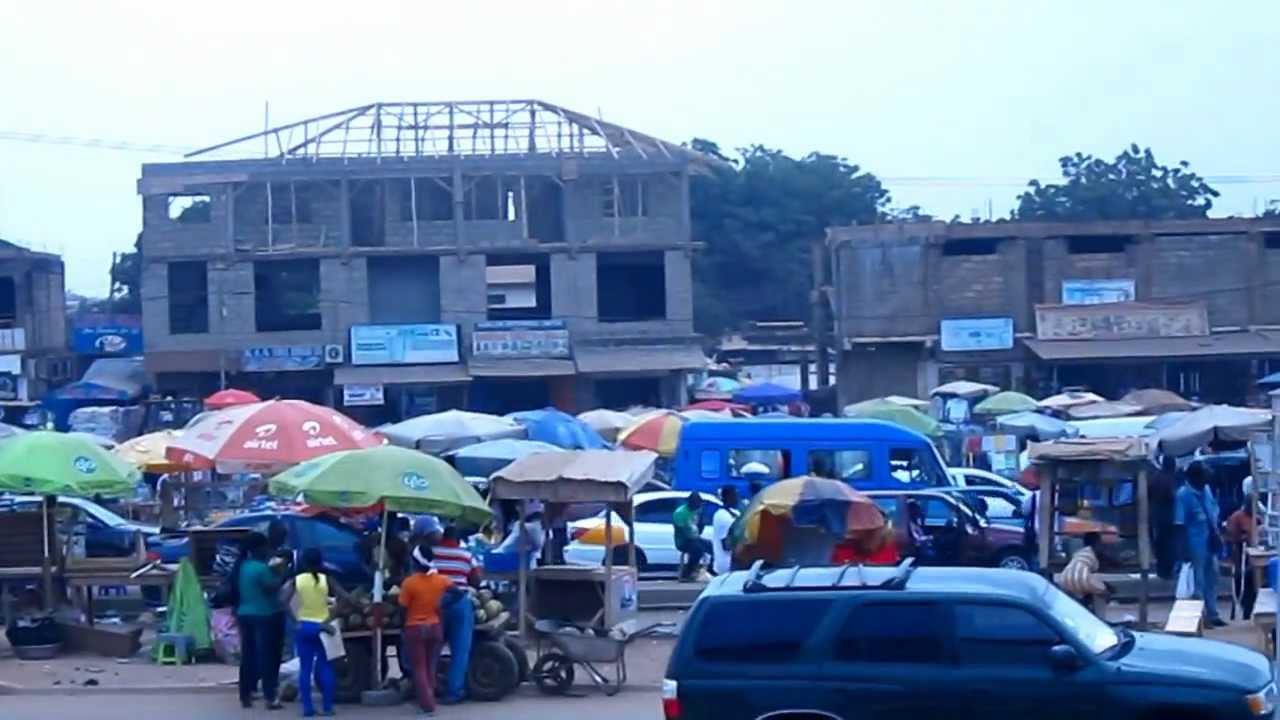
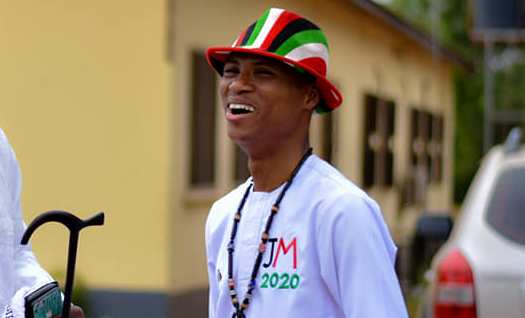
The Madina constituency, located in the Greater Accra Region has emerged as a critical battleground in recent elections.
With its dynamic population, socio-economic diversity, and strategic importance, Madina provides an intriguing case study of electoral behaviour.
Madina constituency, established in 2004, has been a focal point for both the New Patriotic Party (NPP) and the National Democratic Congress (NDC).
Historically, the constituency has been a swing seat, with power shifting between these two dominant political parties.
For instance, in the 2004 elections, the NDC's Alhaji Amadu Sorogho won the seat, but it was later captured by the NPP in the 2016 elections by Abubakar Boniface Siddique won with 55% of the vote, demonstrating the fluidity of voter allegiance in the area but the NDC's Francis Xavier Sosu captured the seat for the NDC in 2020.
Demographics and socio-economic factors
The Madina constituency is characterised by a diverse population, with a mix of ethnic groups, religious backgrounds, and varying levels of education and income.
This diversity plays a significant role in shaping voting patterns, as candidates often tailor their campaigns to resonate with the different segments of the electorate.
Economic issues, such as unemployment and access to basic amenities, are particularly salient in influencing voter decisions.
Voting patterns in recent elections
In recent elections, voting patterns in Madina have shown a tendency towards close contests between the NPP and NDC.
The 2020 parliamentary election was particularly notable, with Francis-Xavier Sosu of the NDC narrowly defeating the incumbent MP, Boniface Abubakar Saddique of the NPP.
This result reflected a broader trend of increasing voter volatility and the impact of local issues on electoral outcomes.
The 2020 election also highlighted the growing importance of youth voters in Madina.
With a significant portion of the electorate under the age of 35, candidates who effectively engage with young people, addressing their concerns about employment and education, tend to perform better.
The use of social media and other digital platforms has become a crucial tool in reaching this demographic.
Contestants to watch
Francis-Xavier Sosu
Francis-Xavier Sosu, a human rights lawyer by profession. He'll contest the 2024 polls on the ticket of the NDC.
Sosu's popularity can be attributed to his strong advocacy for human rights and social justice, which resonates well with the electorate in Madina.
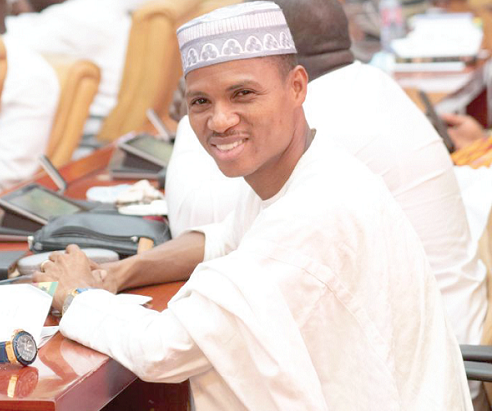
As an MP, he has focused on issues such as access to education, healthcare, and infrastructure development.
His efforts to address the concerns of his constituents, coupled with his legal background, have earned him a reputation as a tireless advocate for the people.
Moreover, Sosu has been vocal on national issues, particularly in his stance against corruption and his support for legal reforms.His active presence on social media and in traditional media has further bolstered his profile, making him a recognisable and influential figure in Ghanaian politics.
Robert Lamptey, also known as 'Okumkor'
The first-timer NPP parliamentary aspirant in the Madina Constituency, Robert Lamptey, also known as 'Okumkor', has appealed to party faithful to support him wrestle the seat from the NDC.
He said if he becomes Member of Parliament, he would focus on education and ensure that brilliant but needy students are awarded scholarships, and also support the youth acquire vocational skills.
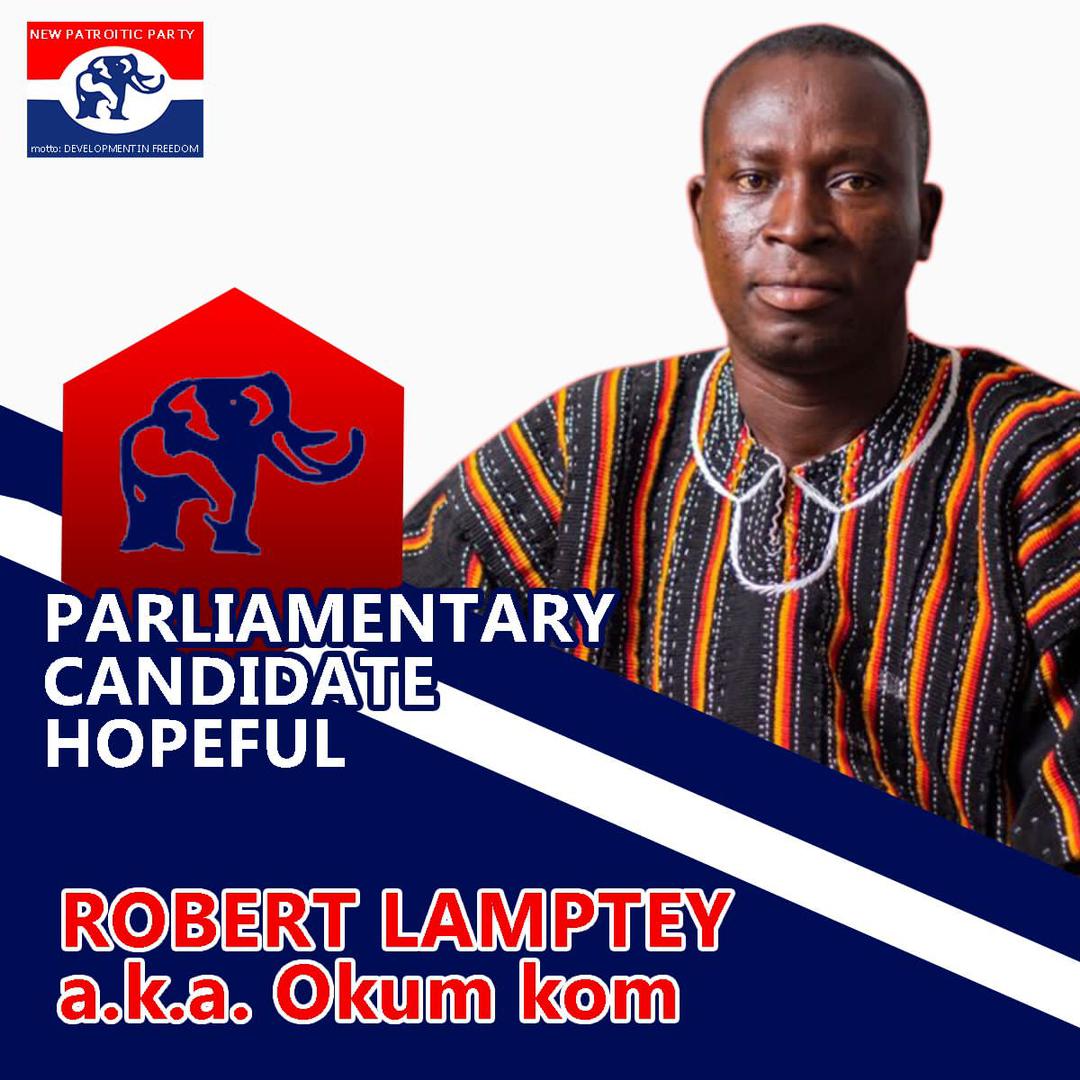
Lamptey said he would institute a revolving fund to support the youth to go into businesses in order to become self-sufficient.
Several key issues have consistently influenced voting behaviour in Madina:
Economic conditions: Economic hardship, particularly among the youth, has been a major factor. Voters are increasingly looking for candidates who offer tangible solutions to unemployment and poverty.

Infrastructure development: The provision of basic infrastructure, such as roads, schools, and healthcare facilities, remains a critical concern for many residents.
Residents have voiced their concerns about the poor sanitation and road conditions in the area. While one person acknowledged that there haven't been issues with armed robbery, they emphasised the critical need for improved waste management.
Candidates who can demonstrate a track record of delivering on infrastructure projects often gain significant support.
Social services: Access to quality education and healthcare is another important issue.
Voters in Madina are keen on electing representatives who can improve social services in the constituency.
The sanitation situation in Madina, a suburb of Accra, has been a significant concern for residents and authorities alike.
Reports and observations indicate that waste management in the area is inadequate, leading to the accumulation of refuse in public spaces, markets, and residential areas. This has resulted in unsanitary conditions, posing health risks to the community.
The lack of regular waste collection services, coupled with improper disposal practices by some residents, exacerbates the problem. Open drains often become clogged with plastic waste, contributing to flooding during heavy rains and creating breeding grounds for mosquitoes, which increases the risk of diseases like malaria and cholera.
Security: As with many urban areas in Ghana, security concerns, including crime rates and the effectiveness of law enforcement, also play a role in shaping voter preferences.
Political campaigns in Madina have increasingly become sophisticated, with candidates leveraging both traditional methods and modern technology to reach voters.
Door-to-door campaigns, community meetings, and radio broadcasts are still prevalent, but there is a growing emphasis on digital campaigns, particularly on social media platforms.
The use of data analytics to understand voter behaviour and tailor messages accordingly has also become more common.
The voting patterns in Madina constituency suggest that future elections will likely continue to be closely contested, with no single party having a guaranteed hold on the seat.
The growing importance of youth voters and the impact of local issues on electoral outcomes mean that candidates will need to be more responsive to the needs of their constituents.
Moreover, as political campaigns become more data-driven and technologically advanced, candidates who can effectively harness these tools will have a competitive edge.
The role of social media in shaping voter perceptions and the increasing importance of real-time voter engagement cannot be overstated.
The Madina constituency remains a key area to watch in Ghanaian politics. Its diverse population, coupled with its history of closely contested elections, makes it a microcosm of the broader electoral dynamics in the country.
Understanding the voting patterns in Madina offers valuable insights into the factors driving voter behaviour and the strategies that political parties may employ in future elections.
As the political landscape evolves, Madina will continue to be a bellwether for electoral trends in Ghana.
As Ghana approaches the 2024 general elections, all eyes are on the Madina constituency, a key battleground that could swing in favor of either the NDC and NPP.
Read Full Story

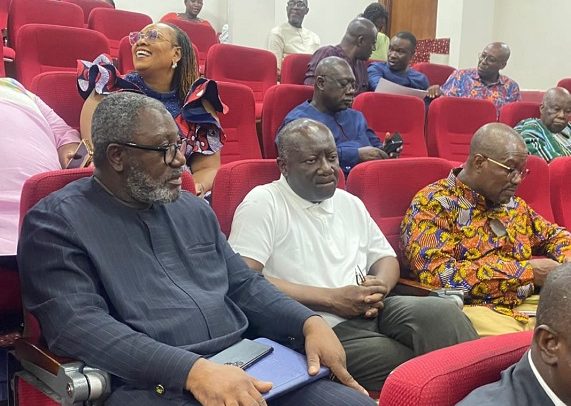
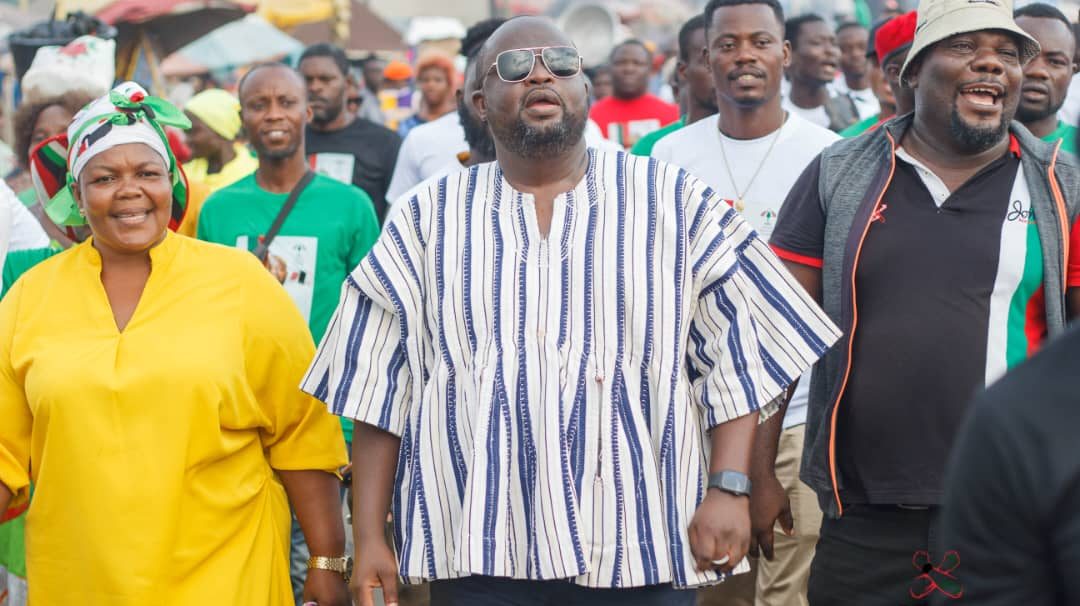

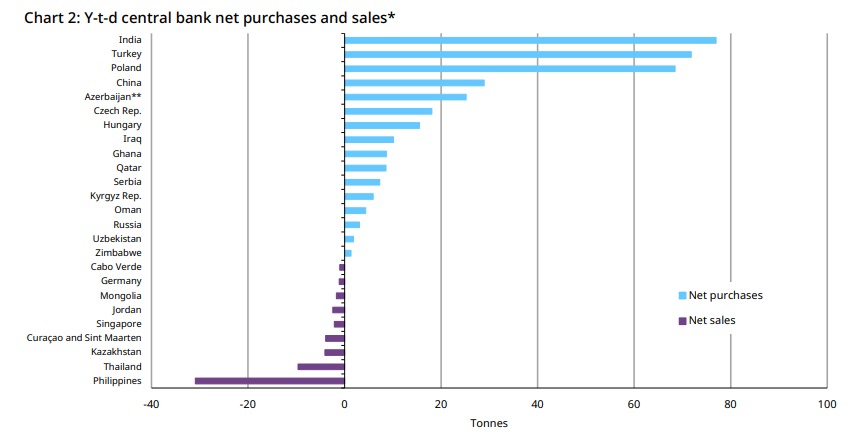
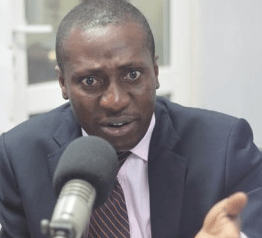
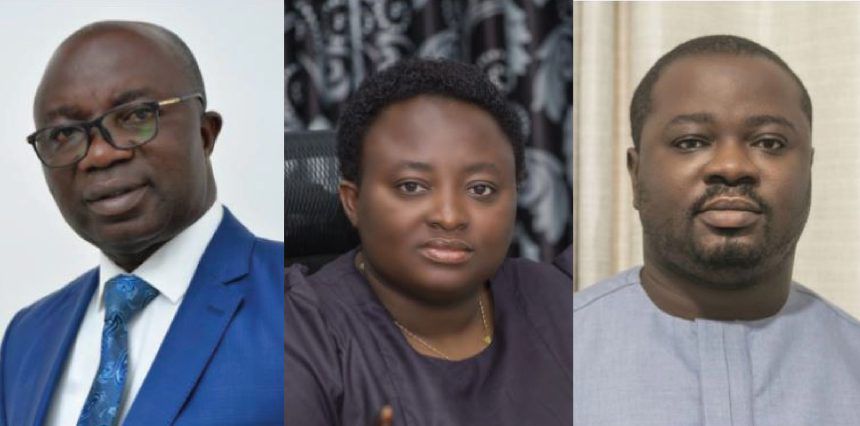

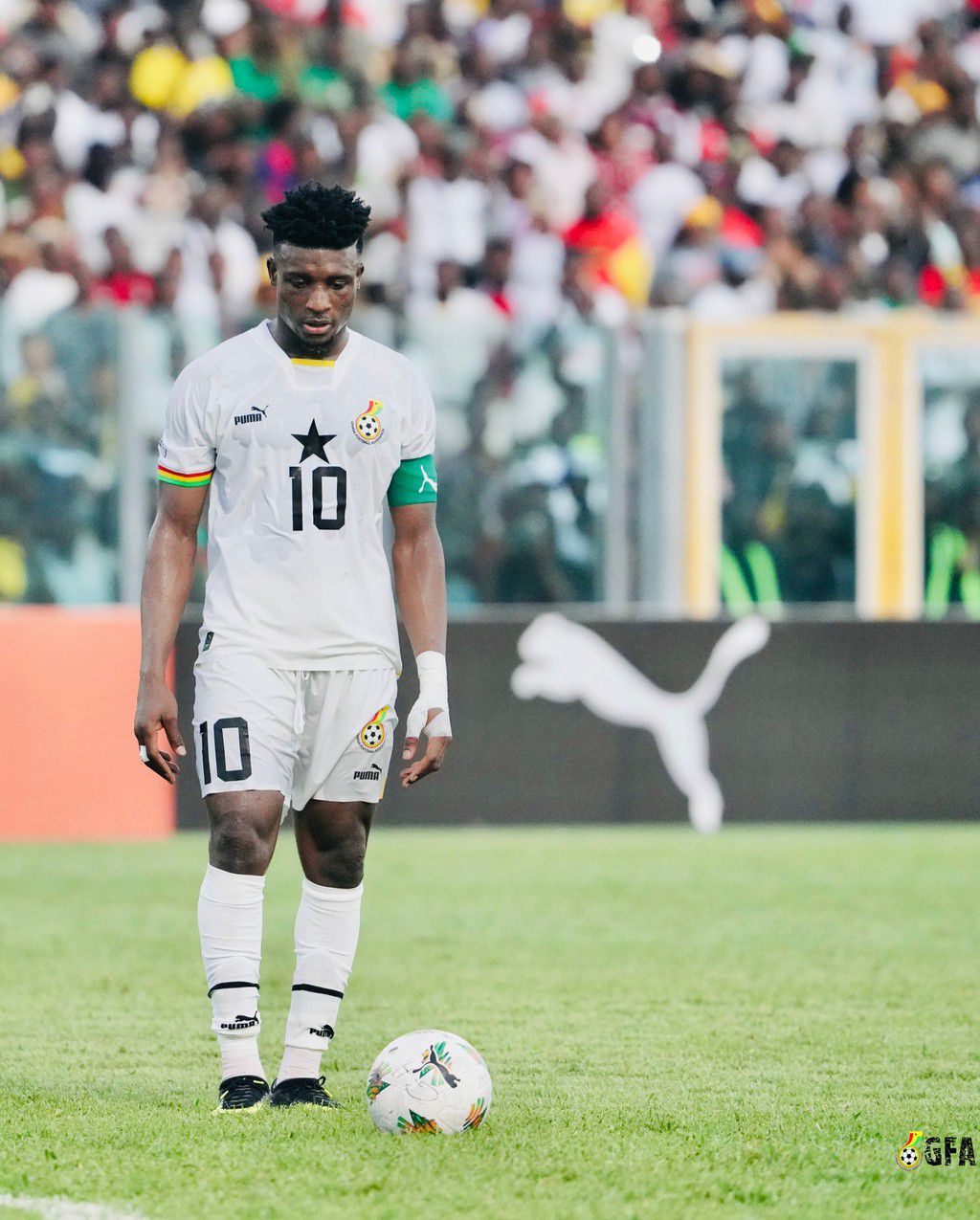
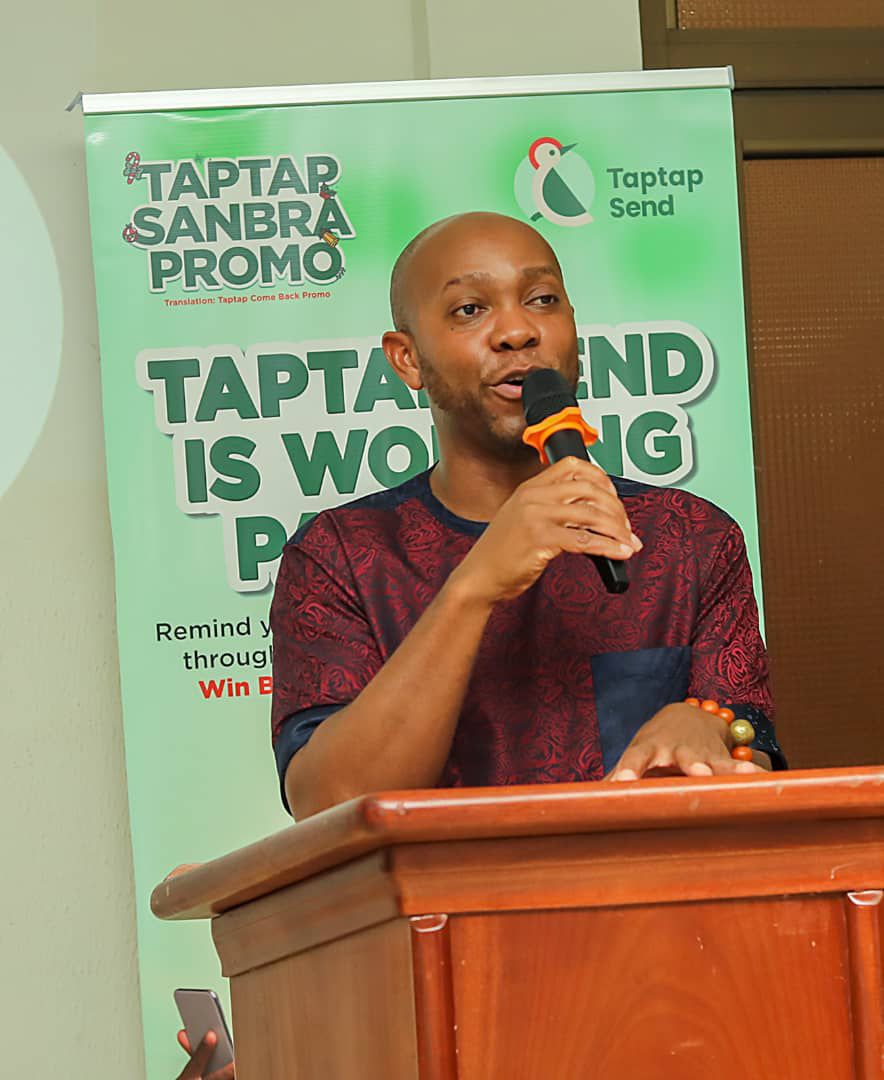
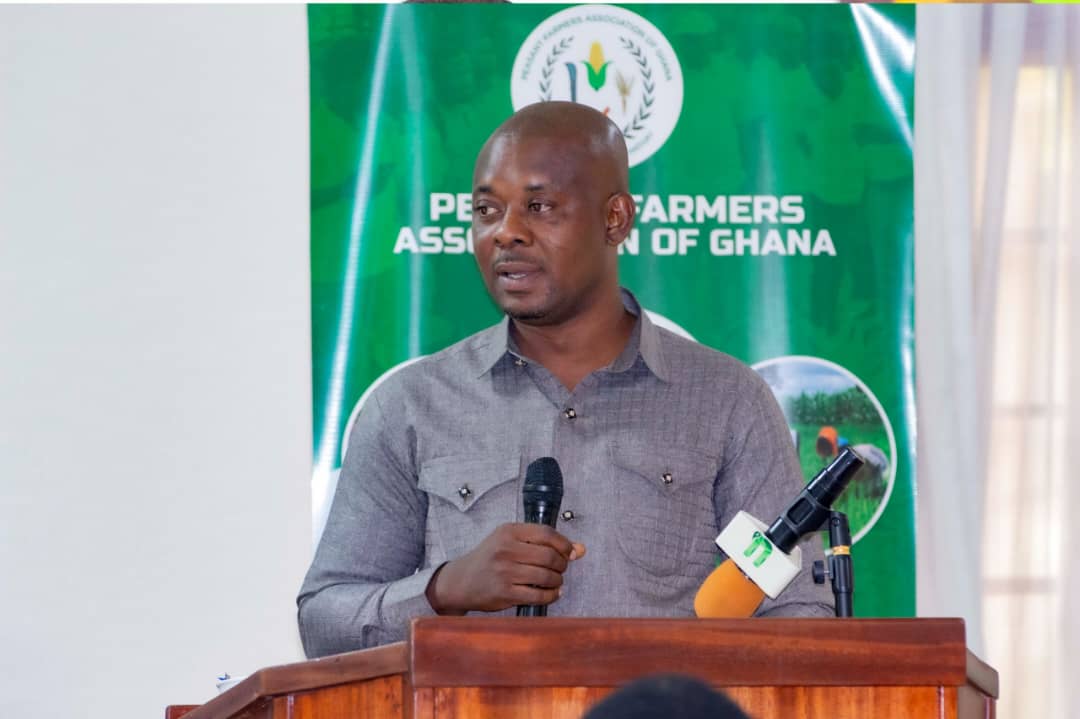

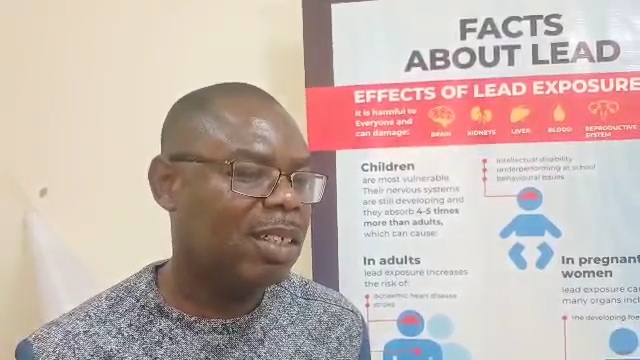

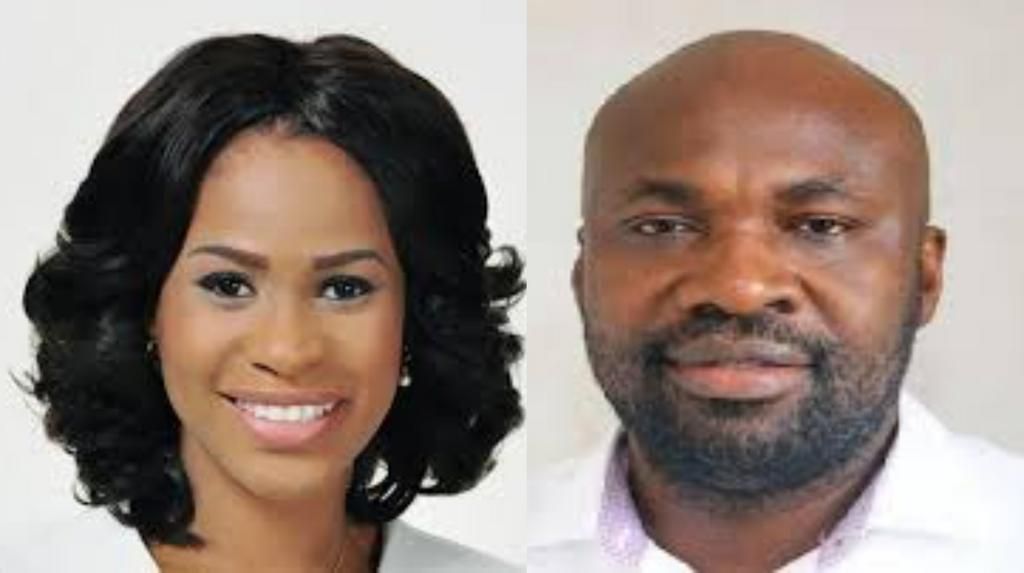
Facebook
Twitter
Pinterest
Instagram
Google+
YouTube
LinkedIn
RSS